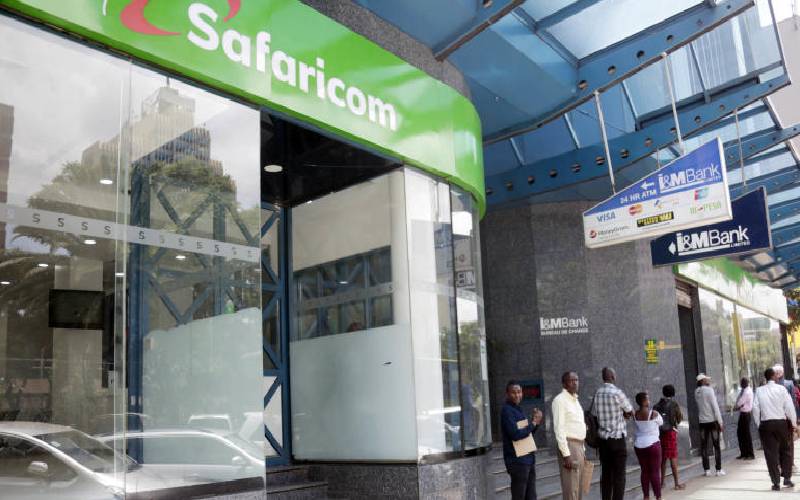×
The Standard e-Paper
Kenya’s Boldest Voice

Safaricom had raised concerns about mobile phone users’ privacy after the Communication Authority (CA) informed the telco it would install a Device Management System (DMS) and synchronise it with their network.